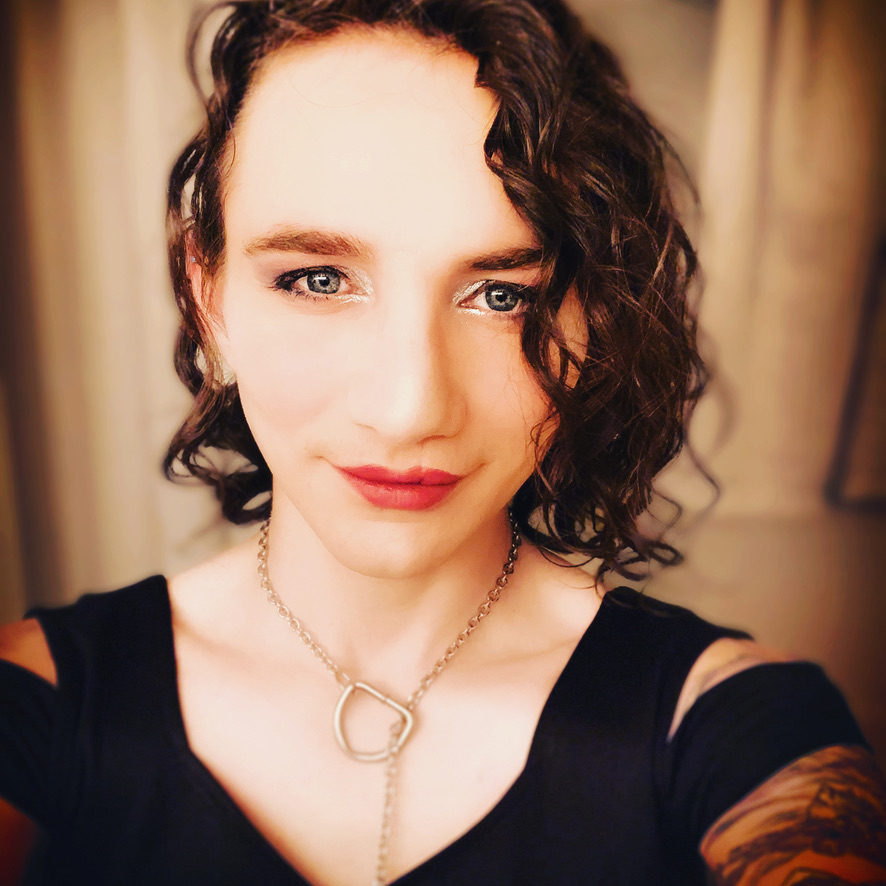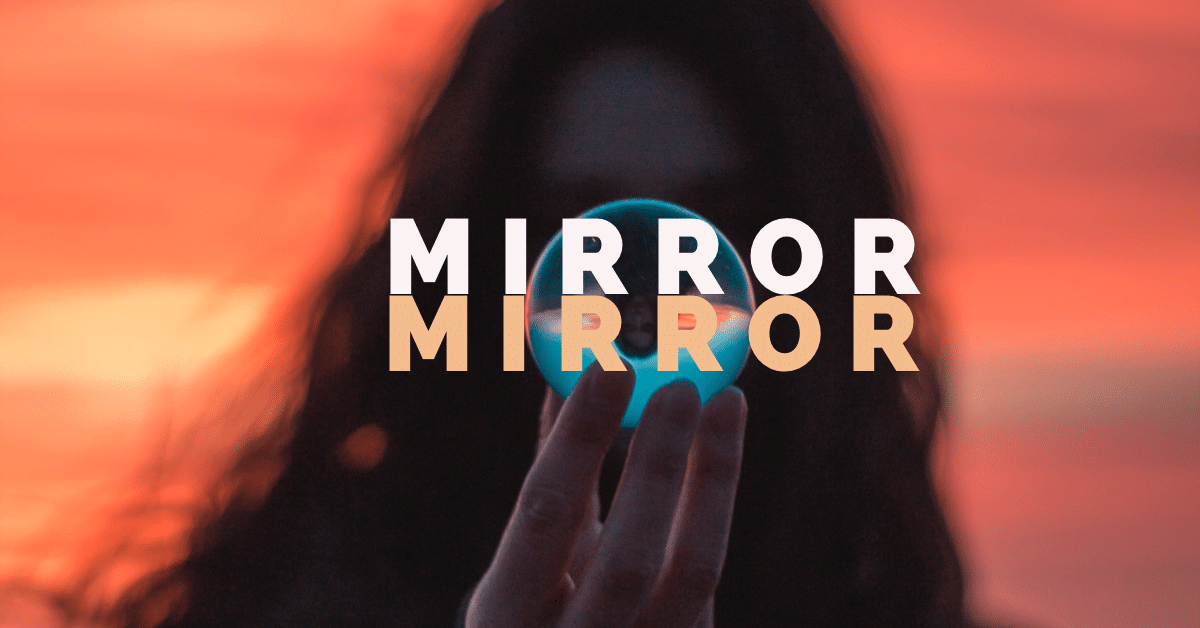So here’s the deal. We can wax on forever about the nuances of sex, gender, identity and so on.
Let’s start with an acknowledgement: gender and sex are different, but they impact each other and they have some correlation with each other.
Let’s add another: gender is a social construct.
Let’s add another: sex is more complicated than you’ve been taught.
Since your question primarily revolves around sex, why don’t we start there, huh? The sex you were taught is primarily phenotypical which is to say “you have these parts and therefor you are this sex.” At birth these are identified by primary sex characteristics.
At some point you were also taught a second step: people with certain chromosomes will have certain sexual characteristics. Therefore you learned that XX == vulva, vagina and XY == penis, testes. You might have been taught that about intersex conditions at this point, loosely.
At some point during this lesson you were taught XX people have estrogen dependent systems and XY people have testosterone dependent systems. You will have been taught about the things those bodies do as a result (body hair, breast growth, etc.,) as well as their sexual mechanics (eggs, sperm, etc.,) These secondary changes are all the results of hormones giving instruction to the body about what to do.
Here’s the rub though, chromosomes aren’t reliable indicators of sex. Genitalia can be changed. Hormones can be replaced. At some point we reach a line of medical transition where a person’s “biological sex” is not necessarily a terribly useful indicator of ANYTHING. Even right now, early as I am in transition, my medical needs are not identical to cisgender men’s. So why does it matter?
Even before we get into questions about body modification through various means, sex is already a very fuzzy, loose thing with two big groupings connected by lots of variations in the middle. Well some people will make an argument to nature, but I find this weak:
Just because the body is naturally inclined to do or behave a certain way does not make it good or healthy: cancer and autoimmune disorders are both “natural” in this way, but we correct them. Allergies are “natural” but we take pills to correct them because they irritate us. When the body causes us dissatisfaction, we correct that. We have pills to aid in erections, and surgeries for breast augmentation are so common at this point you can practically window shop for them. This is standard human procedure. The corrective process is as natural as anything else: we’ve been medicating and cosmetically enhancing ourselves longer than we’ve had written language and maybe longer than we’ve had language. It is not a strong rhetorical point for a species that modifies and heals our bodies with pins, screws, plastics, electronics, dyes, artificially created medicines, and more to say that this one particular thread of that is somehow unnatural. Part of being human, part of what makes us human, is our ability to change ourselves.
So, why are we having this talk at all about biology? That part, the reason we’re having this talk at all, is where the social side of this starts to come into the equation. We’re having this talk because of fear. And if I’m honest I think that fear is that there is something innate in, for example, male-type bodies that cannot be corrected, something that persists through hormones and corrective surgeries. And what is that?
In the case of AMAB people, it’s “urge.” People are afraid that there is an urge in me that cannot be taken away. Something fixed. Something permanent. They fear that I am using hormones and surgery as part of my inclination to fulfill that urge. What might that urge be? If you ask a TERF it’s to conquer sexually, either through manipulation and illusion or power and coercion. If you ask a transphobic straight man it’s to manipulate more powerful men, more “alpha” men,” into sleeping with me. In short, in this narrative I am a “man” fulfilling some innate urge through a particularly clever means of deceit.
The funny thing about this mode of thinking, this biodeterminism, is that, well, it would have been very familiar to people in 1930s Germany and the United States (whose eugenics laws Germany’s were based on). If it didn’t make me want to cry as a student of history, I would have to laugh at the way people are so comfortable saying “this group of people was born this way with certain immutable qualities and so they are unsafe or undesirable and must be kept separate.”
Biodeterminism, the very thing that TERFs would have you hang your hat on as the reason I shouldn’t be in women’s spaces, is also what they claim to be fighting because so many gender roles come from it: “men should do physical labor and fighting,” “women should nurture and stick with the kids and the kitchen,” for instance. And racial stereotypes come from it. Debunked science like phrenology comes from it. For as long as humanity has existed we’ve tried to use physical characteristics as a proof of one’s spirit and every single time it has lead to atrocities, abuse, racism, genocide, torture, and more. Every. Time.
And it is being used that way again to justify discrimination, abuse, and violence towards transgender individuals.
So here’s the thing. When a trans person talks about sex we are talking about it from a sort of mechanical, lego-block perspective. We see the pieces because we have to. Pretty much every trans person can tell you *WAY* more about endocrinology than your average person and there’s a reason for that: we have to be experts to get treatment, by and large. We understand our genitalia and we understand what we can do with them surgically, because we have to. We understand secondary and primary sex characteristics and what is mutable and what isn’t as mutable because we have to. We are under no illusions about sex or our bodies. We are incredibly realistic about them.
But when y’all talk to us about sex, you aren’t really talking about sex. You’re talking about this sort of biodeterminism — some fixed part of us that will ALWAYS be “a man” or “a woman.” And that’s a conversation no trans person has an interest in because it’s useless: you’ve confused your beliefs with science and nobody can take that from you.
And then there’s the question of language about this. Female. Male. I have a penis (currently). I mark F on all my paperwork. Why? Because as a society we have so inextricably linked “female and woman” and “male and man” that there’s no way to decouple them. So if someone asks if I’m a female I say, “yes, yes I am.” And in all easily measurable ways but primary sex characteristics: I am. People see me as a woman because they also see me as a female because my secondary sex characteristics are far more like my cisgender sisters’ than any man’s. All of the parts of me that give my body instructions on how to build itself align with my F marker and aside from STRICTLY questions about reproductive health, those things matter more to my health care than the rest.
Do I think I’ve changed my sex? In an objective way, I absolutely have. There is no question of it and I will change more of it. If I have bottom surgery my body type would be “female” enough that I would meet most of the qualifications for you to call me a female, as you’ve been taught them. But if you treated me like a “male” medically, you could do me serious harm. Have I changed my sex to “female” in chromosomal terms? No. That is not possible but it’s also not the fixed bedrock folks believe it to be.
Re: sex. Again, do some soul searching: why do you care? Seriously, think really hard about what it is you’re trying to search for with questions of “biological sex.” Why do you care? Please think on this.







